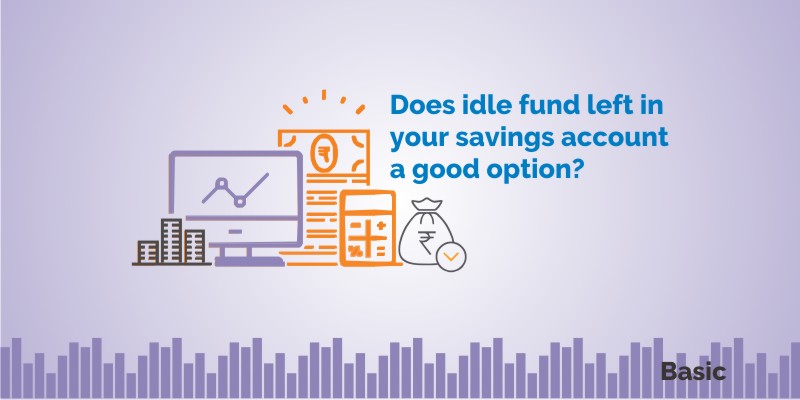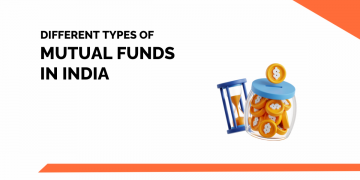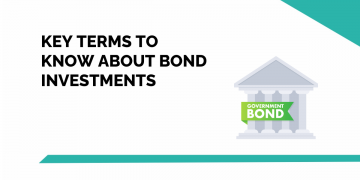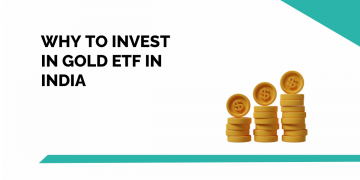Even after 1.5 months post demonetization, people are confused as to how to utilize the idle funds lying in their savings account. Most people are standing in queue week after week so as to withdraw Rs 24000 for the routine or other expenses. Where on one side, everyone is showing their discontent over the restriction on withdrawal limit.
On the other hand, smart investors are doing against the crowd. What actually bothers them is that whether they are able to make the most out of the physical inaccessible money? Hence, smart people instead of keeping their funds idle, are diverting their idle funds to equities seeing immense opportunities in the days to come.
| Table of Contents |
|---|
| Savings Account vs Equity Investments |
| What is Market volatility? |
| Bottomline |
Savings Account vs Equity Investments
Let’s take a simple example to understand that why investing in equity is always a better option than keep funds in a savings account.
Say you have deposited your funds in the savings bank account of ICICI bank, HDFC bank or even SBI, so the maximum compounded earning you would have received in a span of 5 years would be around 22% on your initial investment.
A deposit of Rs 1,00,000 for 5 years would not have earned more than Rs 22000 as of today.
On the other hand, if you would have utilized the same corpus in purchasing the shares of HDFC bank, surprisingly the corpus would have worth Rs 2,68,000 as of date.
Similarly, if you would have purchased the shares of SBI, the total capital would presently stand at Rs 1,61,000.
Over the long term, it has been found that equities have always outperformed all asset class in a span of 5-10-15-20 years. You might think that the money invested in the shares of the same banks fetched you more return than depositing it in the savings account.
Actually, the answer is quite simple. Let’s quickly have a look.
1. You have deposited the funds in the bank.
2. The bank utilizes the money further for lending purposes.
3. The lending, in turn, generates profits for the bank.
4. The profit gets reflected in the quarterly earnings.
5. The share price appreciates due to the quarterly report.
6. Lastly, it is the shareholders who take away the cream 50%-200% (or even more sometimes) and the normal people usually settle for a mediocre 22%. Isn’t it ironic?
What is Market volatility?
If the above discussion has helped you change your outlook towards savings deposit vs equity investment, the next thing which will strike your mind will be “How to invest amidst such market volatility?”
There was a famous quote by Bill Ackman on volatility which says – Volatility is the friend of the unleveraged long-term investor. We much prefer the bumpy road to higher rates of return than a smoother rise to more modest profits.
With demonetization into play, it’s likely that it will hit the earnings of a lot of sectors at least for next couple of quarters. The market has already discounted the effect of demonetization.
So the best course of action one can take is to search for a company with good business model and sound management which are now available at a relatively cheaper valuation.
Learn to trade with Stock Market Made Easy course by Market Experts
It might appear simple but actually, it’s not. But the main problem of how to invest and where to invest is the reason most people back out of equity.
The thing which matters here is the good selection of stocks and no one can stop you from making a profit.
Even if your choices are not that great, you might still make good profit provided you are patient enough to hold on to your position.
You might be happy with the relatively safe and modest 4% return but the question is that why you should settle for something so less when you have an option to earn more.
Here’s what Rakesh Jhunjhunwala (India’s legendary investor) advice non-professional investors regarding investment in equity.
There are two to three reasons why one should invest in the markets. The one advice I offer to young couples is that they must invest all their savings in a house. After a house, devote 80% of your savings to the market. Here’s why: India is in a growth phase – the index has gone up from 100 to 28,000 over the past 30 years. I don’t see why this situation will not repeat itself over the next decade. This being a stock market, valuations have to grow. If India grows, earnings have to grow. India saves over $650 Billion a year. In four to five years, this figure will go up to a trillion dollars. Even if 10% of that money flows into the equity markets, that adds up to about a $100 Billion. Why will this money not come to the equity markets? In 1991, 18% of savings flowed into equities and by 2007, this figure stood at 13%. So, there is going to be an upsurge in earnings and money flowing into the market.
If India achieves GDP growth of 12-14%, corporate profit growth will be 18-20%. At some stage, valuations will expand. Which other nation can provide this kind of growth? The most important question is if debt can give me a return of 7% post-tax or if equity can give me a return of 18% post-tax, which other asset class can give me that kind of return? Guys like me are 101% invested in equity.
On the Right Time take your Right Decision.
Read more: What are the Steps in the Investment Process
Bottomline
The important thing here is that if you can select right companies in the beaten down market as of now where you can avail good companies at throwaway prices. you can make good money once the market recovers after sometime.
So if you are planning to invest in equities, it is the best time as when this demonetization episode gets over and market reverses its trend, you can make most out of it.
Happy investing!









It’s really nice thought to write an article for this topic. after getting this blog i can know about Market volatility. I appreciate you blog. Keep sharing your post!
Hi,
We are glad that you liked our blog post.
Thank you for Reading!